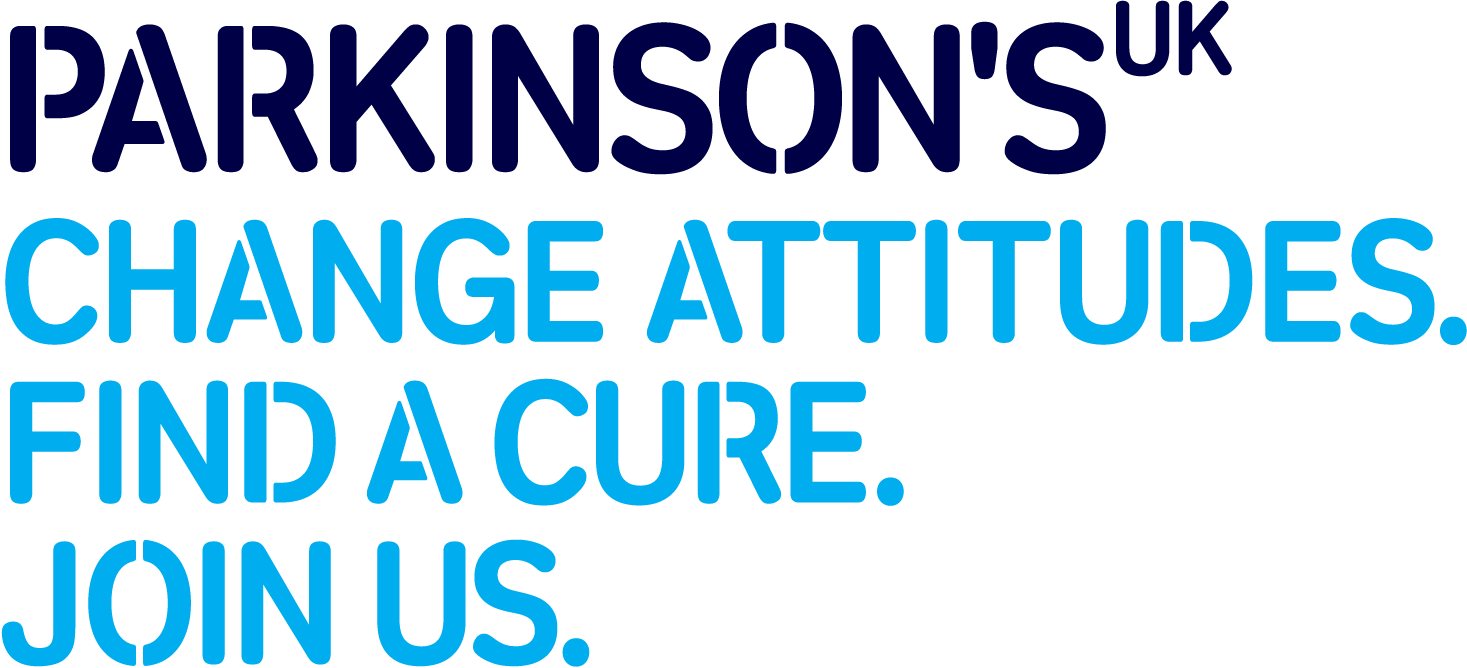Health: Ten neurologists for 25 million people all over Cameroon
- Patients forced to wait for a month and travel long distances. The long line observed last Thursday at the neurology hall of Yaounde Central Hospital, is proof that the neurologists of this health facility are in great demand.
There are only two of them and patients have to wait for days before being admitted. As for this old man met in the corridors of the hospital, the wait is sometimes unbearable. "I have Parkinson’s Disease, and every month I leave Okola for the Central Hospital where I do a check-up, and sometimes I get a week’s notice. to sleep is all the more difficult as I do not have a family in Yaounde ", explains the patient.
The World Health Organization (WHO) charter stipulates, among other things, that patients with this type of condition have the opportunity to consult a specialist. Like all other patients elsewhere. They will also need ongoing care and support. In Yaoundé and its surroundings, this provision is not always respected because of the shortage of neurologists observed within the first category hospital formations. The situation is even more alarming in second-class hospitals where they are not even found.
At the National Order of Physicians, the newly installed officials estimate at ten, the number of neurologists enrolled in the order, out of a total of 4500 doctors. Figures that support those of Cameroon’s Ministry of Public Health for which the ratio of Cameroon’s national doctors is one doctor per 40,000 inhabitants, far from the official figure of one doctor per 10,000 inhabitants that the government would like at the very least, but not already commendable compared to other countries.
Faced with this crisis situation of neurologists, in hospitals, patients are most often followed by general practitioners or nurses. Only in the opinion of doctors, with the arrival of HIV / AIDS, neurological diseases are increasing. In these cases, the treatment can be complicated and endanger the lives of patients. Yet Daniel Charles Ndo Belinga, neurologist and founder of the Neurological and Medical Center, the only private training of its kind in Cameroon, explains that AIDS can be detected very early by the neurologist.
To the order of doctors, it is not possible to have statistics on the exact number of neurologists, all specialties combined. The rarity of geronto-neurologists and neuro-pediatricians is nevertheless deplored. To be followed, the patients are crane-footed at the General Hospital where there is only one. “Since he was five months old, my child has been losing consciousness regularly, and he is being followed by the pediatric neurologist to find his health, which I have not found in other hospitals,” says Ms. Mbock, a patient she met the General Hospital.
Beyond the shortage, the cost of managing neurological diseases also remains one of the aggravating factors of this shortage. A met specialist recognizes that the treatment is usually long and expensive. In private structures, consultation amounts to 10,000 FCFA. For the rest of the benefits, we can end up with millions of CFA francs. This, spread over years. On another level, the quality of the material is to be reviewed since, in this specialty as in many others, it must be efficient and the least destructive possible because the nervous system does not regenerate.
